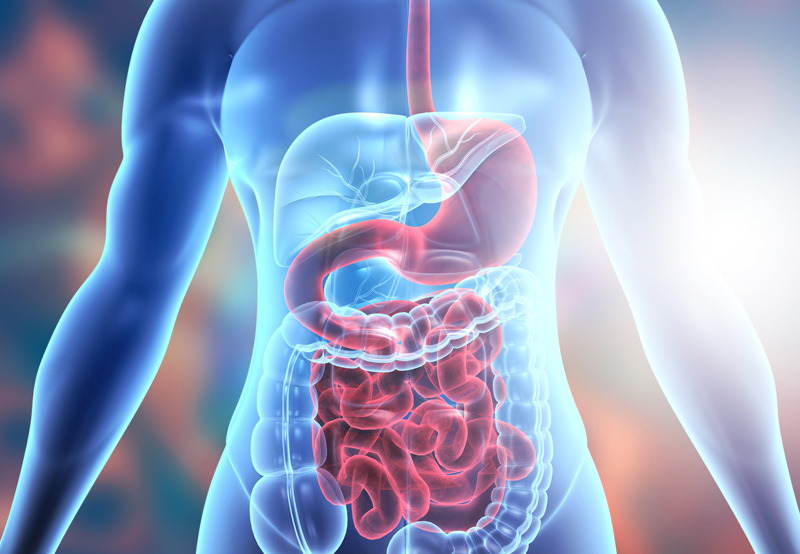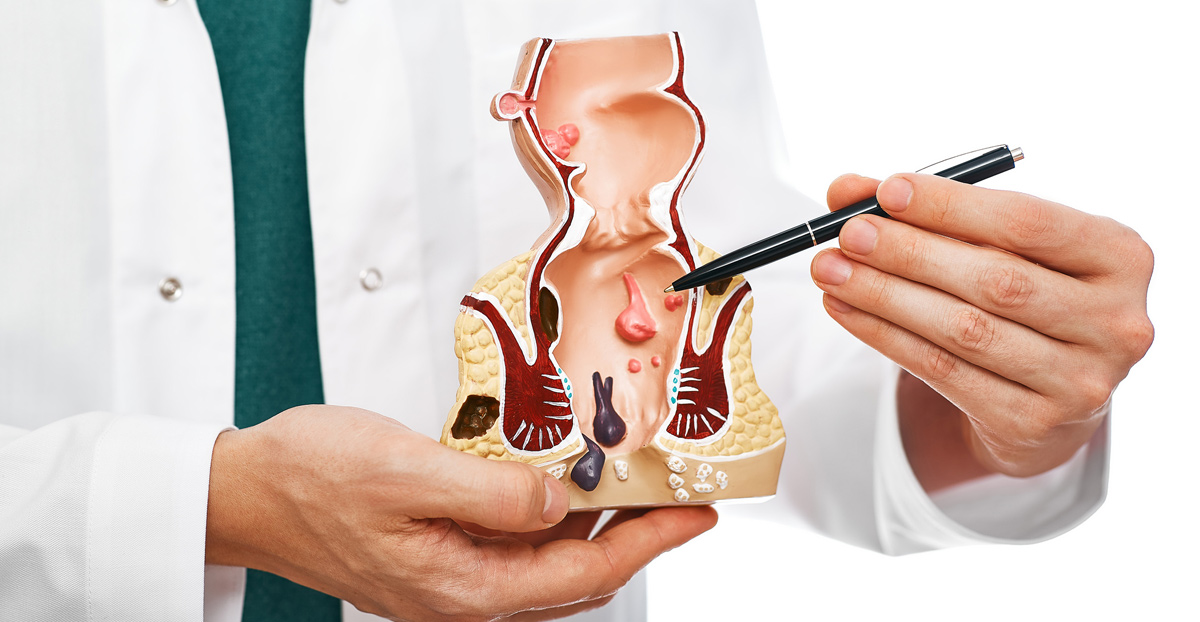

Fistula repair or surgery is done to address an abnormal tube-like connection between two organs or vessels inside the body.
Types of Fistulas
Fistulas occur as a result of inflammation or infection due to injury or surgery. A few types of fistulas are:
Anal or perianal fistulas, which may form between the:
- Colon and vagina
- Rectum or anus and vagina
- Anal canal and anal opening
Urinary tract fistulas, which may form between the:
- Urethra and vagina
- Bladder and vagina
- Bladder and uterus
Gastrointestinal fistulas, which form between:
- Part of the gastrointestinal tract and the skin
- Two parts of the intestine
- A portion of the intestine and another organ in the body, such as the bladder
Aortoenteric fistulas, which form between:
- The native aorta and the duodenum or jejunum or between a prosthetic aortic graft and any part of the gastrointestinal tract

Symptoms of Fistulas
Patients with anal fistulas may experience the following symptoms:
- Skin irritation around the anus
- Difficulty controlling bowel movements
- Unpleasant smelling discharge near the anus
- Passing blood with a bowel movement
- Throbbing pain
- Swelling and redness around the anus
- A high temperature, if an abscess is also present
Urinary tract fistulas may cause the following symptoms:
- Abdominal pain
- Passing gas through the urethra during urinationv
- Discharge or urine leaking from the vagina
- Feces leaking into the vagina
- Unpleasant smelling gas or discharge from the vagina
- Irritation in the vulva
- Frequent urinary tract infections (UTIs)
Patients with gastrointestinal fistulas may experience:
- Abdominal pain
- Fever
- Diarrhea
- Dehydration
- Vomiting
- A raised heart rate
- Malnutrition
Causes of Fistulas
Inflammation or injury inside the body can lead to fistulas. Common causes of fistulas include:
- Diverticulitis
- Surgery
- Ulcerative colitis
- Hidradenitis suppurativa
- Injury
- Tuberculosis
- HIV
- Crohn’s disease
- Radiation treatment to the abdomen
- Childbirth or obstructed labor
Surgical Fistula Repair
While some fistulas may be treated a bladder catheter, other fistulas may require surgery.
Anal fistulas may be treated with seton surgery and fistulotomy. During fistulotomy, the surgeon cuts a fistula along a whole length. During seton surgery, a piece of thin surgical thread will be placed inside the fistula to help drain any infection and allow it to heal.
Other fistula repair treatment options include:
- Endoscopic ablation
- Advancement flap procedure
- Medical glue to close the fistula
What to Expect During Fistula Repair Surgery
The surgeon will make an incision to open the fistula. Before and after surgery, the patient will need to spend some time in the hospital to prepare and recover. Patients may have to wear a bladder catheter for 10-14 days after surgery.
